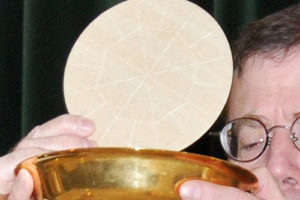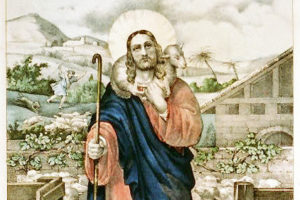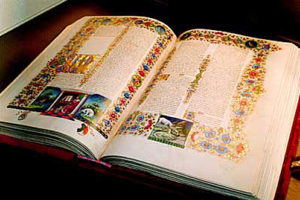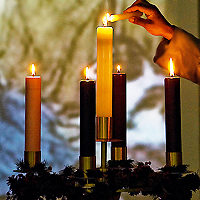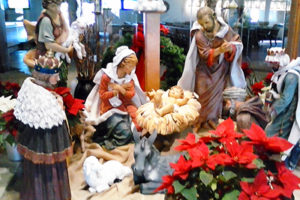VIDEO: CATHOLIC MASS READINGS & HOMILY: Memorial of Saint Francis Xavier, Monday 12.3.18 – EWTN (Alabama)
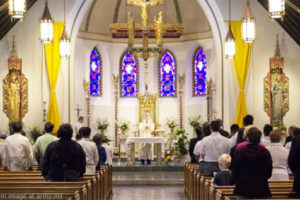
Catholic televised Mass Readings and Homily for the Memorial of Saint Francis Xavier, Monday, Dec. 3, 2018, from EWTN in Alabama. [Click here for Mass Readings]
» Read more
